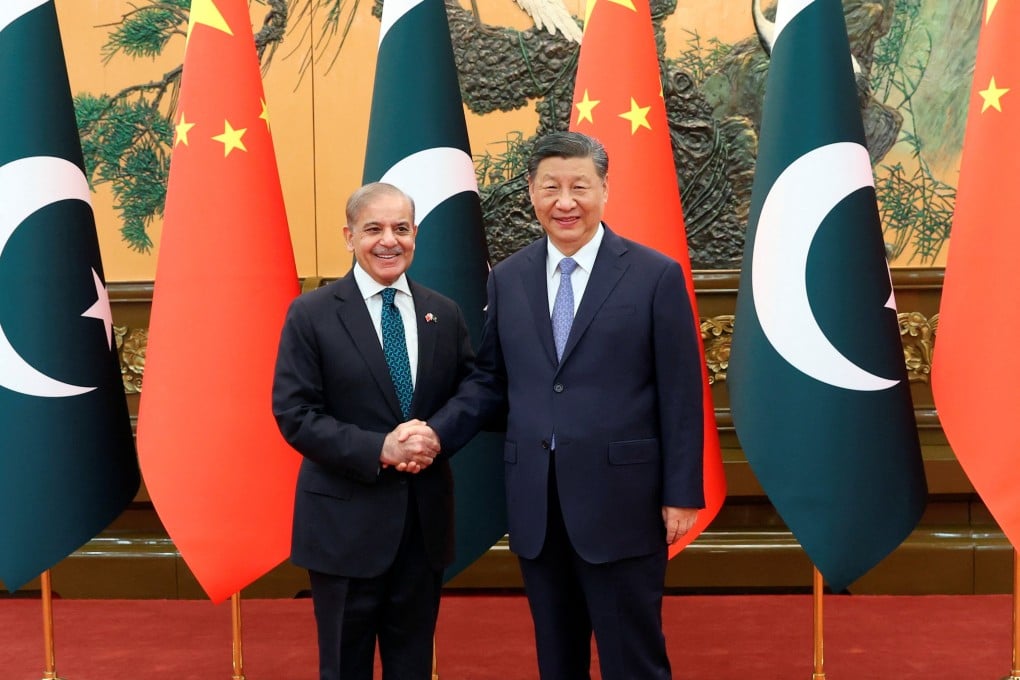Project woes spotlight reliability of Pakistan as an ‘all-weather’ partner for China
- Violent clashes in Balochistan highlight the challenges facing China’s Belt and Road Initiative investments in Pakistan

Despite a rare public call by senior Chinese diplomat Yang Yundong for the two sides to “set aside their differences” and build consensus over economic development in the restive province, roads linking Gwadar to the rest of the country – and overland to Xinjiang – remained blocked as the authorities clamped down on Baloch activists.
The leaders of the Baloch Yakjeti Committee (BYC) said they had timed their call for a mass gathering in Gwadar on July 28 to highlight to the Chinese delegation that Beijing’s plans to turn Balochistan into a key connectivity node between Xinjiang and the western Indian Ocean remain tied to the resolution of the 20-year insurgency there.
For that to happen, the committee said widespread human rights violations by Pakistan’s security forces and allied tribal militias, including enforced disappearances and extrajudicial killings, have to cease.
The protests enraged Pakistan’s powerful military, with chief spokesman Lieutenant General Ahmed Sharif Chaudhry on Monday calling the BYC a “proxy of terrorist organisations and criminal mafias and nothing more than that” at a press conference held soon after the Chinese delegation met with Prime Minister Shehbaz Sharif.
The divergent positions of the Pakistani state and Baloch activists contrasted with Yang’s expressed view on July 30 that “without the stability of Balochistan, there’s no stability of Pakistan”.
